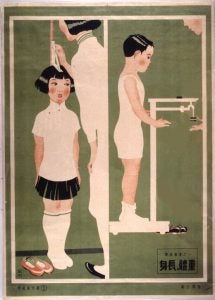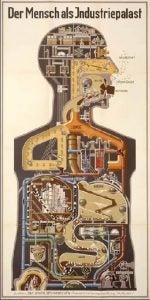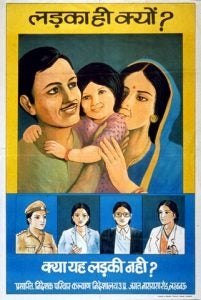     |
Anthropology 342 – Nature/Culture Now!
Contestations over the primacy of nature or culture in the shaping of human bodies and behaviors drove some of the most heated debates of twentieth century American life. Divisive battles over racial difference, women’s rights, homosexuality and the origins of illness continue to be fought through claims about biological determinism and cultural construction. This course, co-taught by a biological and a cultural anthropologist, investigates the ongoing power of this opposition through an examination of anthropology’s central role in formulating the nature/culture dichotomy itself. We begin with a unit on the very recent historical underpinnings of the nature/culture debate, both within anthropology and in American life more generally, and proceed with three case studies, exploring current biological and cultural approaches to race, sex and disease. Throughout the course, students will be challenged to become conversant with both biological and cultural approaches to human bodies and behavior. Each unit will end with a class wide conversation. Debate will be a central part of the class experience. Our goal is to teach students how to think, not what to think.
Anthropology 327: Critical Theory in Medicine and Healing
This lecture course introduces upper division undergraduates to the critical anthropological analysis of illness, health, healing and medicine. Our investigation is comparative, examining how different systems of meaning and power make sense of bodily states, historically and cross-culturally. We explore current and past medical anthropological approaches – political economic, symbolic, feminist, post-structuralist – in order to critically evaluate how well these frameworks convey the lived experience of bodies in their local worlds. The intellectual excitement of medical anthropology comes from its ability to challenge categories and boundaries that seem natural and fixed. Ultimately, my goal is for students to think differently about the embodied relations of health and affliction as produced through the natural “order of things.”
Anthropology 357: Ethnographies of Medical Anthropology
In this seminar we carefully read ethnographies of medical anthropology about bodies, health, disease and healing situated in different nations and locations. Throughout the course we will ask, what is ethnography of medical anthropology? How are these ethnographies written? What sorts of methodologies do their authors employ? What theoretical perspectives do they work with? How are the persistent dualisms of biomedicine, like subject/object, interior/exterior, spirit/matter, mind/body, theory/practice, reason/emotion, and science/religion handled by the authors in writing about diverse forms of corporality? The class will involve close reading, intensive writing, screenings of related films and abundant seminar discussion. Active participation is vital.
Residential College -SSCI 360.001: Nature/Culture Life/Death: Social Theories of Science, Medicine and Technology
This intensive seminar examines how medicine, science and technology have made and remade some of our most basic understandings of nature and the material world. Using the critical insights of sociologists, anthropologists, historians of science, feminists, and philosophers we will investigate how bio-scientific and technological developments have fomented some of today’s most contested social and ethical debates – What are the boundaries between the natural and the artificial? When does life begin and end?
Anthropology 558: Science and Modernity
While this seminar introduces students to the anthropology of science and modernity we will also concern ourselves with the fraught historical relationship between the modern scientific enterprise and anthropology itself. Topics covered include; science as a colonial endeavor, the rationality debates within anthropology, ethnographic approaches to science technology and bio-medicine, and recent trends in the social studies of science, technology and medicine. The seminar is open to all graduate students with preference given to students in anthropology.

